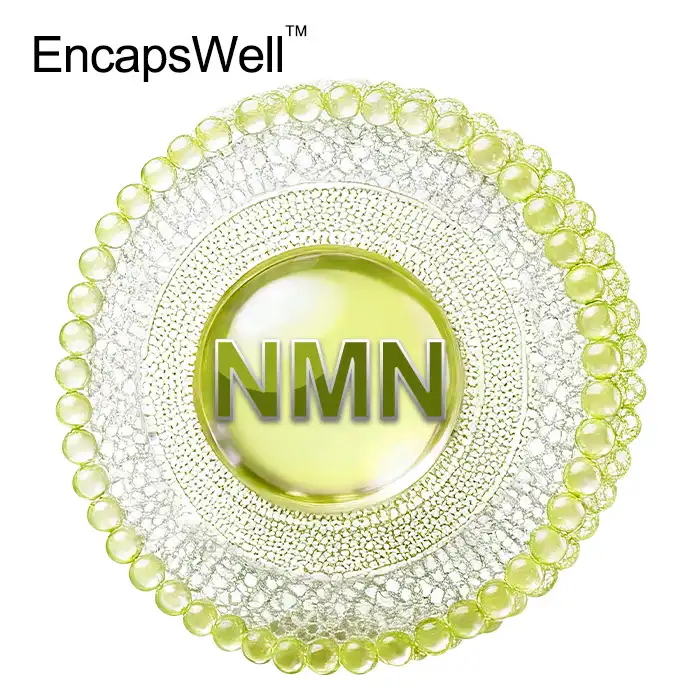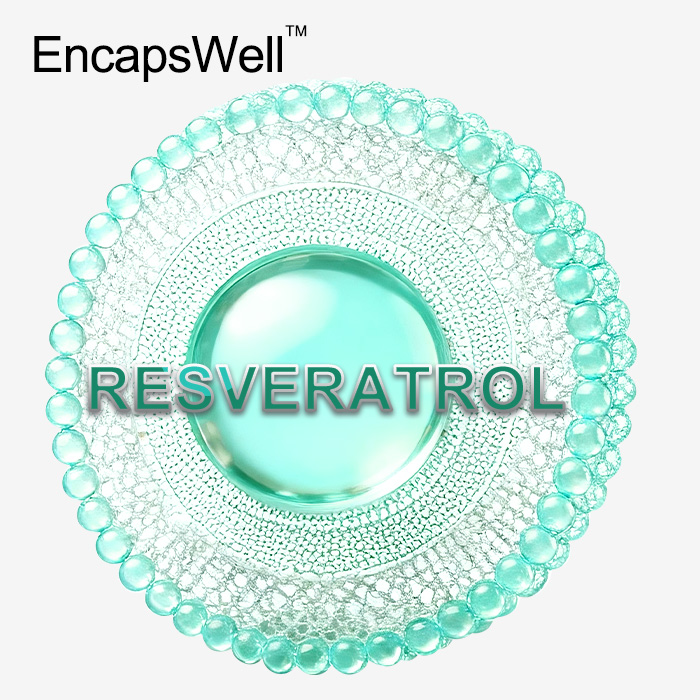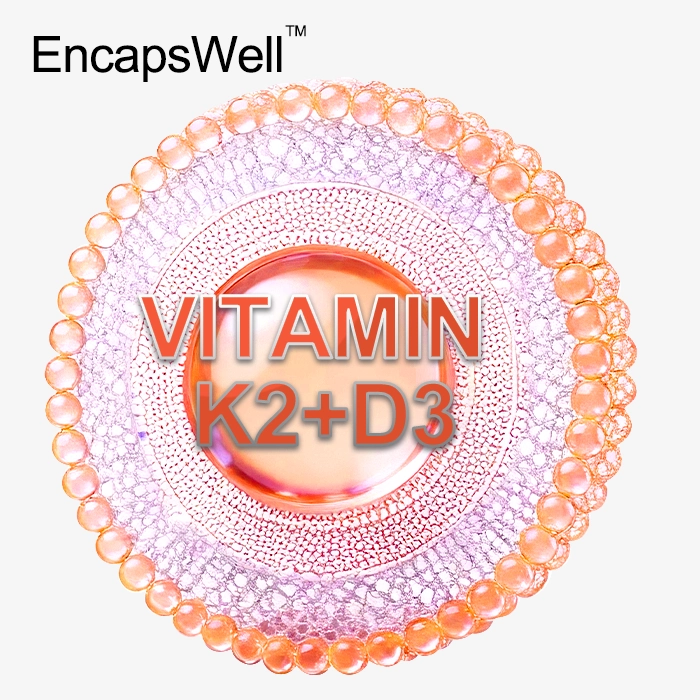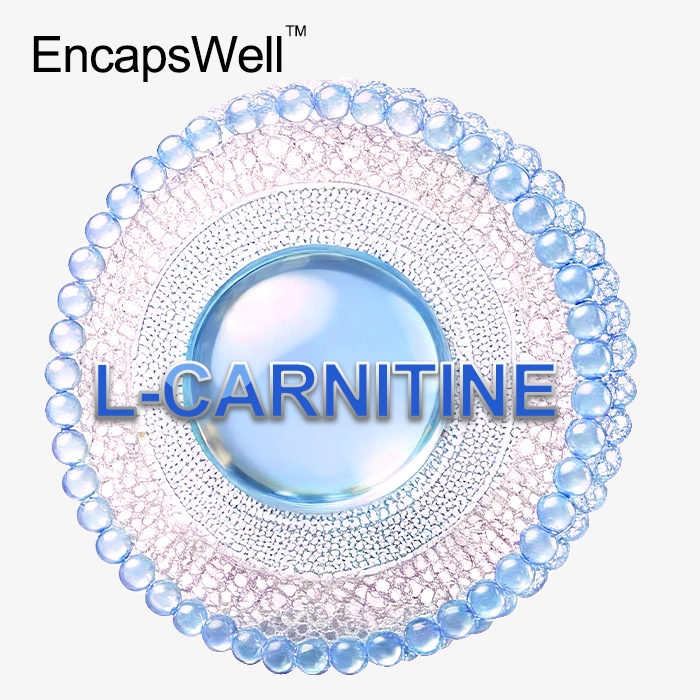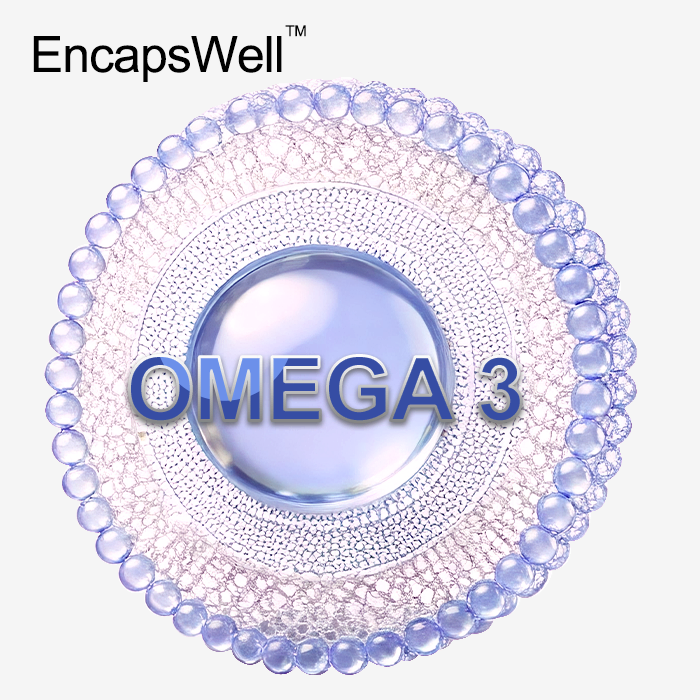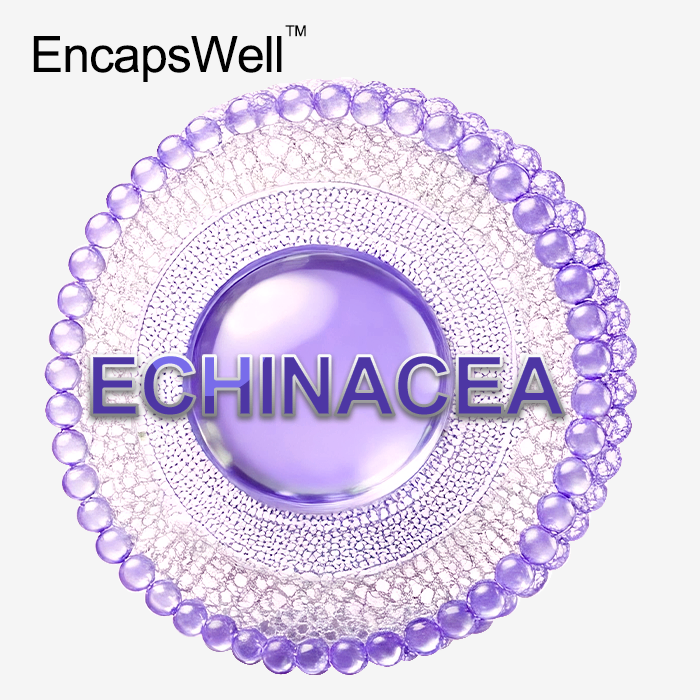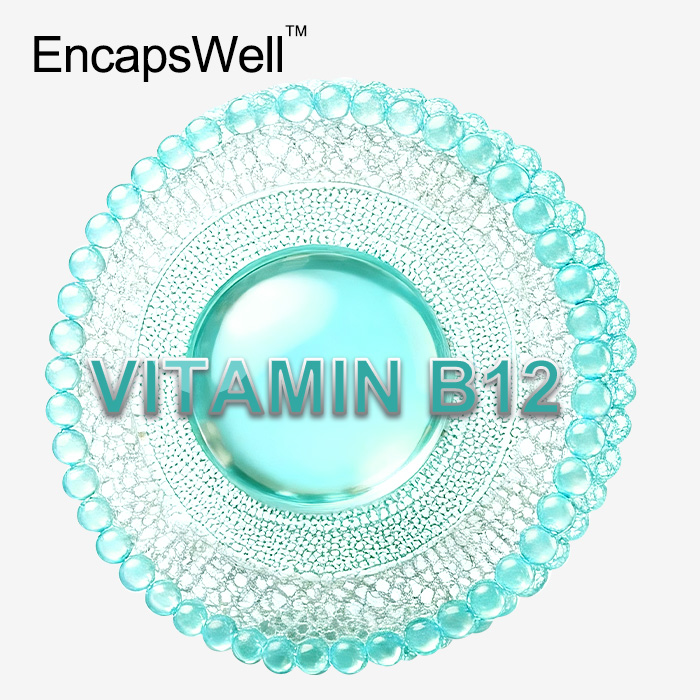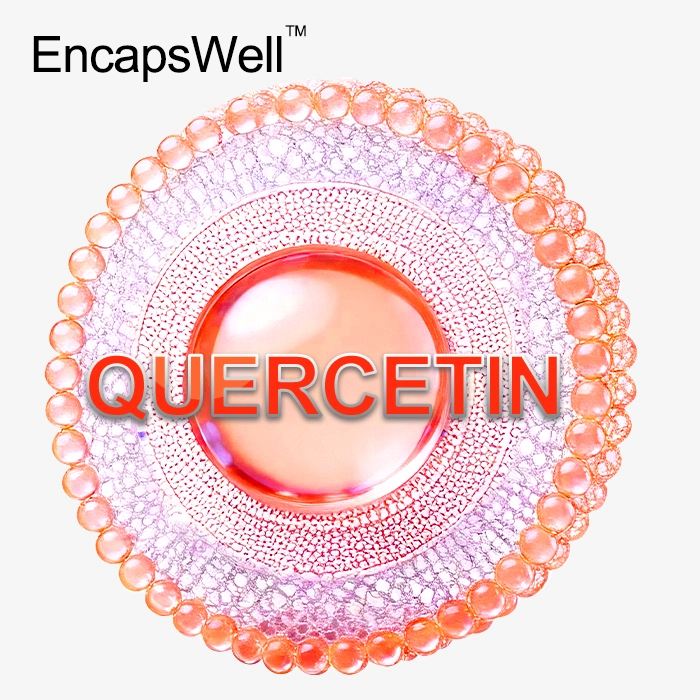How Liposomal Milk Thistle Powder Supports Healthy Liver Function?
Liposomal milk thistle powder offers a revolutionary approach to supporting liver health. This innovative formulation enhances the bioavailability of silymarin, the active compound in milk thistle, by encapsulating it in liposomes. These microscopic phospholipid bubbles protect the silymarin from degradation in the digestive tract and facilitate its absorption into the bloodstream. As a result, liposomal milk thistle powder provides more potent hepatoprotective benefits compared to traditional milk thistle extracts. It supports liver detoxification processes, promotes hepatocyte regeneration, and helps maintain optimal liver enzyme balance. Additionally, the antioxidant properties of liposomal silymarin protect liver cells from oxidative stress and combat free radicals, contributing to overall cellular health and vitality.

Understanding Liposomal Milk Thistle: A Game-Changer in Liver Support
The Science Behind Liposomal Technology
Liposomal technology represents a significant advancement in supplement delivery systems. Liposomes are tiny spherical vesicles composed of phospholipids, the same material that makes up cell membranes. These microscopic bubbles encapsulate the active ingredients, in this case, milk thistle extract, creating a protective barrier. This encapsulation shields the silymarin from harsh stomach acids and digestive enzymes that would otherwise break it down before it reaches the bloodstream.
The phospholipid structure of liposomes allows them to seamlessly merge with cell membranes, facilitating direct delivery of the encapsulated compounds into cells. This process dramatically improves the bioavailability of silymarin, ensuring that a higher percentage of the active ingredients reach their intended target - the liver cells.
Silybum Marianum: Nature's Liver Protector
Milk thistle, scientifically known as Silybum marianum, has been used for centuries as a natural remedy for liver ailments. The plant's seeds contain a group of flavonoid compounds collectively known as silymarin, which is responsible for its hepatoprotective properties. Silymarin comprises several bioactive compounds, including silybin, silydianin, and silychristin, each contributing to its liver-supporting effects.
Traditionally, milk thistle extracts have suffered from poor bioavailability due to their low water solubility and susceptibility to degradation in the digestive tract. Liposomal encapsulation addresses these limitations, allowing for more efficient delivery of silymarin to the liver.
Enhanced Bioavailability: The Liposomal Advantage
The superior bioavailability of liposomal milk thistle powder is a game-changer in liver support supplementation. Studies have shown that liposomal formulations can increase the absorption of silymarin by up to 8-10 times compared to standard extracts. This enhanced bioavailability translates to more potent hepatoprotective effects, even at lower doses.
The improved absorption also means that the beneficial compounds in milk thistle can maintain therapeutic levels in the body for longer periods, providing sustained support for liver function. This extended duration of action contributes to more consistent and effective liver protection against various stressors.
How Liposomal Milk Thistle Powder Supports Liver Health?
Antioxidant Properties and Free Radical Scavenging
One of the primary mechanisms by which liposomal milk thistle powder supports liver health is through its potent antioxidant activity. The liver, being the body's primary detoxification organ, is constantly exposed to harmful free radicals and oxidative stress. Silymarin acts as a powerful antioxidant, neutralizing these free radicals and preventing oxidative damage to liver cells.
The liposomal delivery system enhances this antioxidant effect by ensuring that a higher concentration of silymarin reaches the liver intact. This increased bioavailability allows for more efficient scavenging of free radicals, reducing oxidative stress, and supporting overall liver cell health.
Hepatocyte Regeneration and Membrane Stabilization
Liposomal silybum marianum extract powder plays a crucial role in promoting liver cell regeneration and protecting cell membranes. Silymarin stimulates protein synthesis in liver cells, accelerating the regeneration of damaged hepatocytes. This regenerative effect is particularly beneficial in cases of liver damage due to toxins, alcohol, or certain medications.
Furthermore, the phospholipid structure of liposomes complements silymarin's membrane-stabilizing properties. Together, they help maintain the integrity of liver cell membranes, making them more resistant to damage from toxins and oxidative stress. This dual action of regeneration and stabilization contributes significantly to overall liver health and function.
Modulation of Liver Enzymes and Detoxification Pathways
Liposomal milk thistle powder exerts a regulatory effect on liver enzymes involved in detoxification processes. It has been shown to modulate the activity of cytochrome P450 enzymes, which are responsible for metabolizing various substances in the liver. By optimizing the function of these enzymes, liposomal silymarin enhances the liver's ability to process and eliminate toxins efficiently.
Additionally, silymarin supports the production and activity of glutathione, a crucial antioxidant involved in liver detoxification. The enhanced bioavailability of liposomal formulations ensures that more silymarin is available to support these vital detoxification pathways, contributing to improved liver function and overall health.
Clinical Applications and Future Perspectives of Liposomal Milk Thistle
Therapeutic Potential in Liver Disorders
The enhanced bioavailability and potency of liposomal milk thistle powder open up new possibilities for its therapeutic application in various liver disorders. Clinical studies have shown promising results in conditions such as alcoholic liver disease, non-alcoholic fatty liver disease (NAFLD), and drug-induced liver injury. The ability of liposomal silymarin to reduce liver inflammation, decrease liver enzyme levels, and improve overall liver function makes it a valuable adjunct therapy in these conditions.
Emerging research also suggests potential benefits in viral hepatitis and cirrhosis. The antifibrotic properties of silymarin, combined with its antioxidant and anti-inflammatory effects, may help slow the progression of liver fibrosis and improve quality of life for patients with chronic liver diseases.
Combining Liposomal Milk Thistle with Other Liver Support Nutrients
The versatility of liposomal milk thistle powder allows for its integration into comprehensive liver support protocols. Combining it with other hepatoprotective nutrients can create synergistic effects, enhancing overall liver health. For instance, pairing liposomal milk thistle with N-acetylcysteine (NAC) can boost glutathione production and antioxidant defenses. Similarly, combining it with phosphatidylcholine can further support liver cell membrane health and function.
These integrative approaches offer exciting possibilities for developing more effective liver support formulations, tailored to address specific liver health concerns and individual patient needs.
Innovations in Formulation and Delivery
As research in liposomal technology continues to advance, we can expect further innovations in the formulation and delivery of milk thistle extracts. Future developments may include targeted liposomal delivery systems that can selectively release silymarin in specific liver tissues, enhancing its therapeutic efficacy while minimizing systemic side effects.
Moreover, ongoing research into nano-emulsion technologies and other advanced delivery systems may lead to even more bioavailable forms of milk thistle extracts. These innovations could potentially unlock new applications for milk thistle in liver health and beyond, expanding its therapeutic potential and improving patient outcomes.
Conclusion
Liposomal milk thistle powder represents a significant advancement in liver support supplementation. By overcoming the bioavailability limitations of traditional milk thistle extracts, it offers enhanced hepatoprotective benefits and more efficient delivery of silymarin to liver cells. The multifaceted mechanisms of action, including potent antioxidant activity, support for liver cell regeneration, and modulation of detoxification pathways, make liposomal milk thistle a versatile tool for promoting liver health. As research continues to unveil its full potential, liposomal milk thistle powder is poised to play an increasingly important role in both preventive and therapeutic approaches to liver care.
FAQs
What makes liposomal milk thistle powder more effective than traditional extracts?
Liposomal encapsulation significantly improves the bioavailability of silymarin, allowing for better absorption and more potent hepatoprotective effects.
How does liposomal milk thistle support liver detoxification?
It enhances the activity of liver enzymes involved in detoxification and supports glutathione production, improving the liver's ability to process and eliminate toxins.
Can liposomal milk thistle powder be combined with other supplements?
Yes, it can be effectively combined with other liver-supporting nutrients like NAC or phosphatidylcholine for synergistic benefits.
Expert Liposomal Milk Thistle Powder Solutions | EmerWell
At EmerWell, we specialize in developing cutting-edge liposomal supplement formulations, including our advanced liposomal milk thistle powder. Our EncapsWell™ technology ensures superior bioavailability and stability, delivering maximum hepatoprotective benefits. As a leading supplier and manufacturer, we offer comprehensive OEM/ODM services to bring your liver health products to market efficiently. Contact our expert team at info@emerwell-bio.com to explore how our liposomal milk thistle solutions can enhance your product line.
References
Flaig, T. W., Gustafson, D. L., Su, L. J., Zirrolli, J. A., Crighton, F., Harrison, G. S., ... & Glodé, L. M. (2007). A phase I and pharmacokinetic study of silybin-phytosome in prostate cancer patients. Investigational new drugs, 25(2), 139-146.
Biedermann, D., Vavříková, E., Cvak, L., & Křen, V. (2014). Chemistry of silybin. Natural product reports, 31(9), 1138-1157.
Kidd, P., & Head, K. (2005). A review of the bioavailability and clinical efficacy of milk thistle phytosome: a silybin-phosphatidylcholine complex (Siliphos). Alternative medicine review, 10(3), 193-203.
Loguercio, C., & Festi, D. (2011). Silybin and the liver: from basic research to clinical practice. World journal of gastroenterology: WJG, 17(18), 2288.
Surai, P. F. (2015). Silymarin as a natural antioxidant: an overview of the current evidence and perspectives. Antioxidants, 4(1), 204-247.
Federico, A., Dallio, M., & Loguercio, C. (2017). Silymarin/silybin and chronic liver disease: a marriage of many years. Molecules, 22(2), 191.
Have a project in mind? Tell us your goals — we’ll help you make it real.

